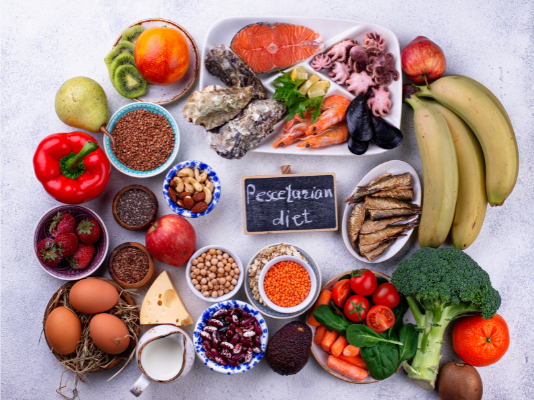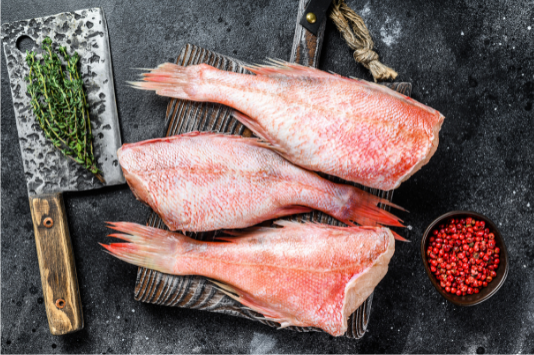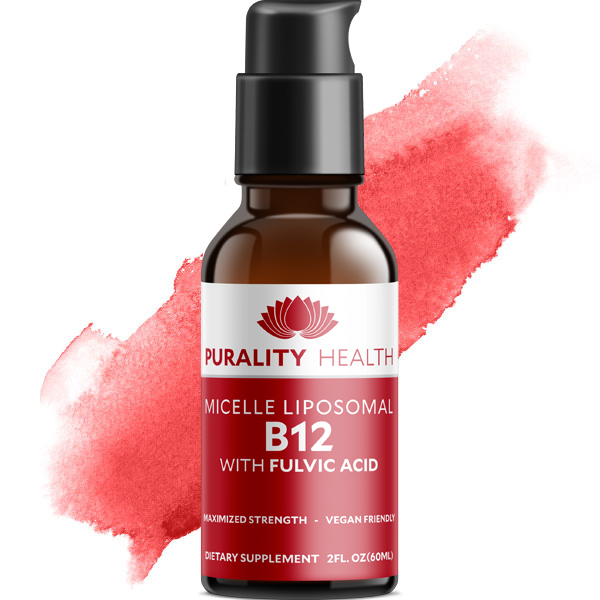Nowadays, there are many types of diets out there. Some come and go, while others stick around – becoming more like a lifestyle to those who participate, rather than a temporary challenge.
The best kinds of diets ensure that you’re getting a healthy amount of nutrients while still achieving your goals. They may be restrictive in some sense, but not so restrictive that you can’t find any joy come mealtime.
That being said, even the most versatile and common diets can be done poorly, resulting in poor nutrition and possibly even health consequences. This can occur with any diet, even ones that have zero restrictions.
In today’s blog, we’re going to cover a diet you may have heard of before – the pescatarian diet.
What is a pescatarian diet?
A pescatarian diet is a vegetarian diet, but with the inclusion of fish. In other words, it’s someone who doesn’t eat meat, but does eat fish.
The term was coined in the early 1990s, a combination of the Italian word for fish, “pesce” and the word “vegetarian”. This is why it may sometimes be spelt “pescetarian” and why it’s scientifically referred to as “pesco-vegetarian”.
A large portion of the diet is intended to be plant-based, consisting of whole grains, nuts, legumes, fresh produce, and healthy fats. Fish is included as a prominent source of protein and other nutrients. Most pescatarians also eat eggs and dairy.
However, like many diets, a pescatarian diet can vary widely. While you can easily manage healthy, well-balanced eating habits with this diet, you can also load up on processed foods that will only harm your health. Such cases are not a result of the diet itself, but the food choices of the person on that diet.
Why choose a pescatarian diet?
Someone may choose to adopt a pescatarian diet for several reasons. The main one tends to be for health reasons.
Research shows that diets that consist of more fruits and vegetables, such as those eating plant-based-type diets, have a lower risk of several serious health conditions, like heart disease, cancer, and diabetes. Those on plant-based diets are also less likely to be overweight. [1, 2, 3, 4]
One five year study with over 21,000 participants found that those on a pescatarian diet gained less weight each year compared to those not on the diet. And those who eventually shifted their diets to be more plant-based were able to slow their weight gain. [3]
Additionally, since a pescatarian diet is high in fruits and vegetables, it can help reduce inflammation and antioxidants in the body.
For example, flavonoids are natural compounds present in plants. They have a range of anti-inflammatory and antidiabetic properties.
A 2016 study involving over 77,000 Americans which looked at dietary patterns found that those following a pescatarian diet had the highest amount of flavonoid intake. [5]
Since chronic inflammation is a precursor to many diseases, flavonoids can help lower the risk of developing these health issues. [6]
In addition to the health benefits, many choose a pescatarian diet to avoid eating meat and for the positive impacts it can have on the environment. [7]
So, what do pescatarians eat?
As stated above, a pescatarian is a vegetarian, with the exception of fish. If you’re interested in trying the diet, you may be wondering what specific types of foods a pescatarian would eat day in and day out and which foods they’d avoid.
Foods pescatarians eat:
- Whole grains
- Legumes (eg. beans, lentils, tofu, and hummus)
- Nuts, nut butters, peanuts, and seeds
- Seeds, including hemp, chia, and flax
- Dairy, such as yogurt, milk, and cheese
- Fruits
- Vegetables
- Fish and shellfish
- Eggs
Foods pescatarians don’t eat:
- Beef
- Chicken
- Pork
- Lamb
- Turkey
- Hunted meat
Benefits of eating fish
Since a pescatarian diet is a vegetarian diet with fish added, you may be wondering why some vegetarians have chosen to add fish to their diets.
A vegetarian or vegan diet can make it more challenging to find certain nutrients, such as vitamin B12 and iron. [8]
As such, some choose to include fish and seafood in their diet to make it easier to find those crucial nutrients.
Another big reason is for the added benefit of omega-3 fatty acids. Though there are plant-based sources for these, like seeds, walnuts, and algal oil, fish are the best source of omega-3 fatty acids. [9]
Omega-3 fatty acids can greatly support the health of the heart and brain, as well as boosting mood. [10]
Additionally, fish can have plenty of important nutrients such as niacin, vitamin B6, vitamin B12, phosphorus, protein, and selenium. [11]
What are the downsides of a pescatarian diet?
There aren’t many drawbacks to a pescatarian diet, but if you’re considering it, you should be mindful of mercury.
Fish, especially larger species, can contain mercury, along with other toxins. [12, 13]
In most cases, the traces of mercury are minuscule, and low amounts are regarded as safe. But if you plan to eat a lot of fish, are pregnant, breastfeeding, or have children you’d like to introduce to the diet, it’s best to be mindful of where your fish is being sourced, the type of species, and the research on those two variables.
Other ways to get crucial nutrients
No matter your diet – whether you eat meat, fish, or neither – you could still be low in a crucial vitamin.
Vitamin B12.
Some experts estimate that over 40% of American adults are deficient in vitamin B12. [14]
This means that if you’re in a room with one other person…
One of you is likely dangerously low in vitamin B12.
Are you experiencing any symptoms of a vitamin B12 deficiency?
>>> Click here to see the checklist
References and resources:
- https://pubmed.ncbi.nlm.nih.gov/19351712/
- https://pubmed.ncbi.nlm.nih.gov/10555529/
- https://pubmed.ncbi.nlm.nih.gov/16534521/
- https://www.ncbi.nlm.nih.gov/pmc/articles/PMC4420687/
- https://www.ncbi.nlm.nih.gov/pmc/articles/PMC6061923/
- https://www.ncbi.nlm.nih.gov/pmc/articles/PMC6407021/
- https://www.ncbi.nlm.nih.gov/pmc/articles/PMC4372775/
- https://pubmed.ncbi.nlm.nih.gov/16441942/
- https://www.ncbi.nlm.nih.gov/pmc/articles/PMC3257669/
- https://academic.oup.com/advances/article/3/1/1/4557081
- https://nutritiondata.self.com/facts/finfish-and-shellfish-products/4042/2
- https://www.ncbi.nlm.nih.gov/pmc/articles/PMC4300121/
- https://pubmed.ncbi.nlm.nih.gov/25517058/
- https://www.mcgill.ca/oss/article/health-nutrition/should-you-be-worried-about-vitamin-b12-deficiency
